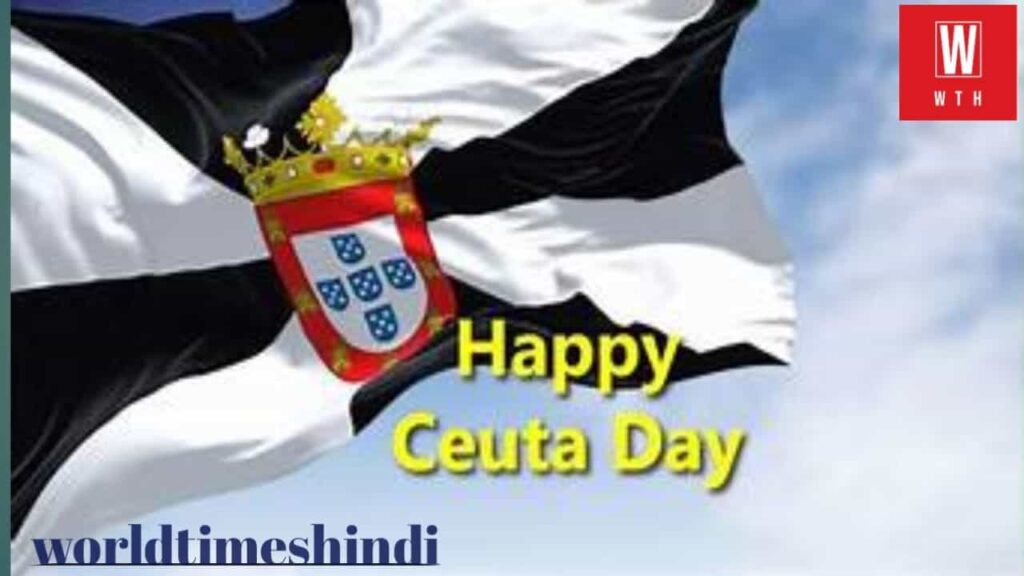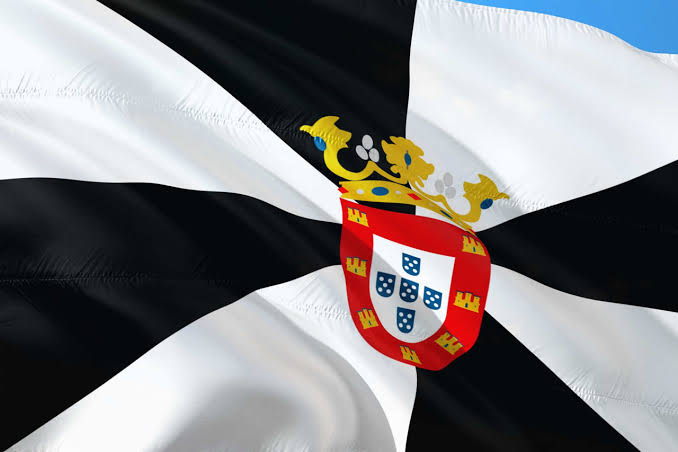Ceuta Day, also known as ‘Dia de Ceuta,’ is a significant holiday in the Spanish autonomous city of Ceuta. On this day, the city commemorates its independence and reflects on its rich past. Unlike bustling and noisy celebrations, Ceuta Day is usually marked by quiet reflection and peaceful observance. People either spend time at home or participate in local festivities.

History of Ceuta
Ceuta, situated on the north coast of Africa, has a captivating history. Its strategic location near the Strait of Gibraltar made it a coveted prize for various civilizations throughout the centuries. Let’s explore the key moments that shaped Ceuta:
- 8th Century: Muslim Control
- Ceuta fell under Muslim control during the 8th century. Its diverse cultural heritage owes much to this period.
- August 14, 1415: Portuguese Rule
- King John I of Portugal led the Conquest of Ceuta, colonizing the city. His subordinates of soldiers ensured a swift victory.
- However, the king left shortly after the conquest, on September 2, 1415, and handed control to Pedro de Menezes, the Count of Viana de Alentejo.
- This transfer of power marked Ceuta’s independence, even though the official celebration was initially on August 22 (due to the Gregorian Calendar adjustment).
- January 1, 1668: Surrendered to Spain
- After centuries of conflict between Spain and Portugal over Ceuta, the city was finally surrendered to Spain’s King Carlos II under the Treaty of Lisbon.
Timeline of Ceuta Day
- 8th Century: Muslim control over Ceuta.
- August 14, 1415: Portuguese colonization by King John I.
- September 2, 1415: Ceuta’s official independence day when Pedro de Menezes took control.
- January 1, 1668: Ceuta surrendered to Spain.
How to Observe Ceuta Day
- Retreat at Home: Since most commercial establishments are closed on this day, take the opportunity to reconnect with yourself. Meditate, read, or simply enjoy a peaceful day away from the hustle and bustle.
Some facts about Ceuta
- European Union Member:
- Ceuta is a member of the European Union, and the Euro (EUR) is its official currency. Despite being geographically located in North Africa, Ceuta enjoys the benefits of EU membership, including economic ties and trade opportunities1.
- Former Free Port:
- Historically, Ceuta was classified as a free port. However, after Spain joined the European Union, its status changed. Today, it is part of a special low-tax zone between Spain and the EU, making it an attractive destination for commerce and investment1.
- Diverse Population:
- Ceuta’s population of approximately 82,000 people reflects a fascinating mix of beliefs and backgrounds. You’ll find Christians, Muslims, Sephardic Jews, and even ethnic Sindhi Hindus from Pakistan living in this vibrant city1.
- Languages Spoken:
- Spanish is the official language of Ceuta, but Darija Arabic (a North African dialect) is also commonly spoken. The linguistic diversity mirrors the city’s rich cultural heritage2
Conclusion
Ceuta Day is a quiet celebration that reminds us of the city’s complex past and its enduring spirit. As the sun sets over the Strait of Gibraltar, Ceuta stands proud—a melting pot of cultures, traditions, and resilience.
FAQs about Ceuta Day
Q.1 What is the currency of Ceuta?
The currency used in Ceuta is the Euro (EUR).
Q.2 Does Ceuta have an airport?
Yes, Ceuta has a small airport called Ceuta Heliport, which serves as a heliport for flights to and from mainland Spain.
Q.3 What is Ceuta known for?
Ceuta is known for its unique position as a Spanish enclave on the African continent. Its cultural diversity, historical significance, and stunning coastal views attract visitors.
Sources:



